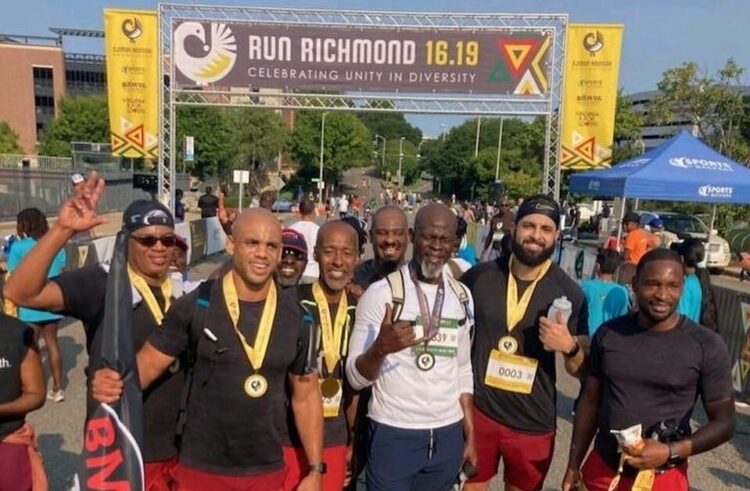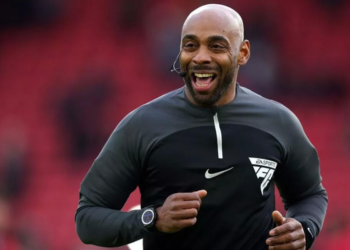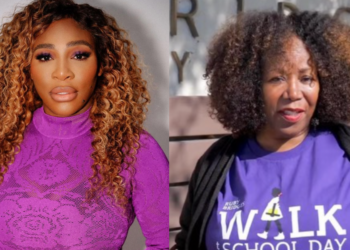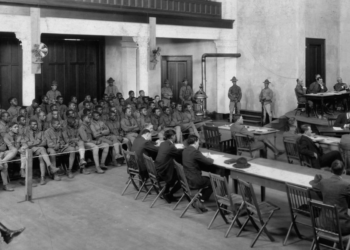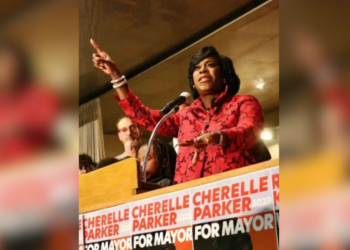Actor Djimon Hounsou’s foundation, Djimon Hounsou Foundation, hosted the first-ever Run Richmond 16.19 event, a run that blended a running marathon with a concert series called Africa Reconnect to connect the “present and future and celebrate Unity in Diversity.”
“I thought, what brings a mass of people from a diverse world together?” the Benin-born activist told the Washington Post. “And I realized it’s only around sports and music that you can bring people from different backgrounds together.”
Hounsou’s organization collaborated with other organizations, businesses and educational institutions to organize the event and plan what would be included in the course routes.
Liverpool artist Stephen Broadbent created a statue called the Reconciliation Statue, which forms the Transatlantic Slave Trade triangle. According to Run Richmond’s website, the sculpture serves as an apology for the horrors enslaved people encountered during the slave trade.
Written on the statue in different languages is, “Acknowledge and forgive the past. Embrace the present. Shape a future of reconciliation and justice.”
During the healing event, participants were presented with running 6.19 miles or 16.19 kilometers. Prices ranged from $35 to $105.
The Elegba Folklore Society performed a drum and libation ceremony before the run.
Once the race commenced, runners ran a course that led to historical points that taught African American culture. At some locations, participants stopped to watch short videos about the location’s significance and scanned QR codes to learn about each site.
“In Richmond, we are fortunate to have a number of African American landmarks or landmarks related to African American history and culture,” Monroe Harris, Board President and Current Executive Director of the Black History Museum and Cultural Center of Virginia, expressed.
Close to 600 people signed up for the event. DHF Program and Marketing Director Max Plank and Housou hope that the event continues and grows in the future to add more to the event.
“We are trying to champion the idea of unity in diversity,” Hounsou told the Washington Post. “The purpose is all about healing. We’re at a historical moment in time to acknowledge that Black history is American history.


